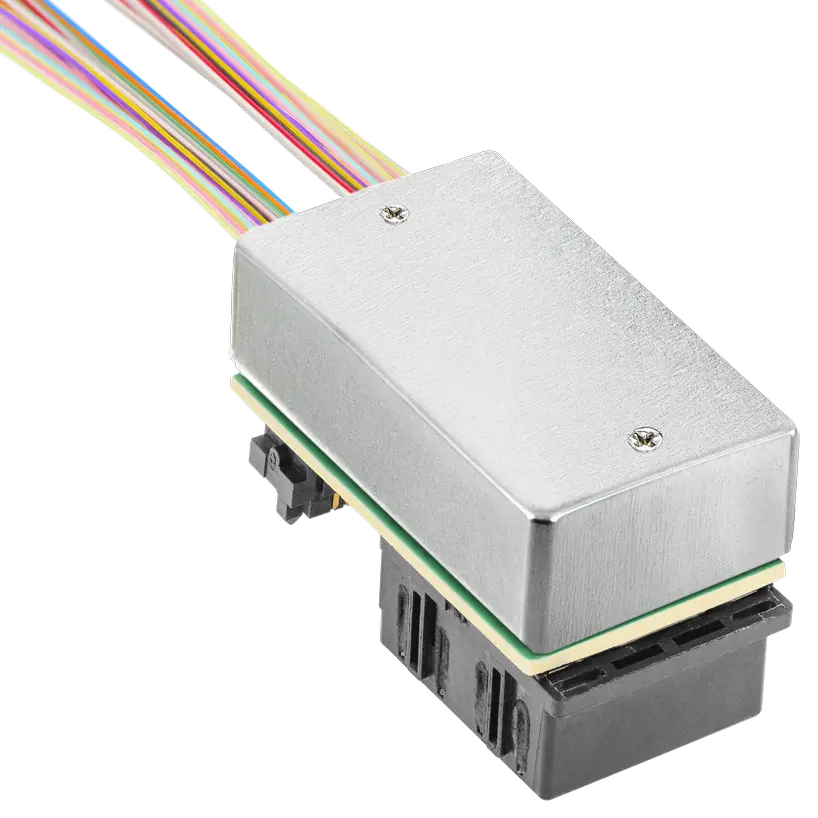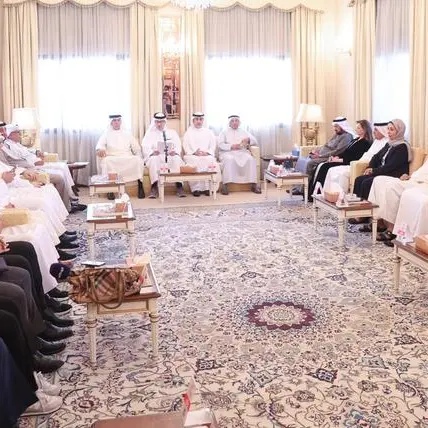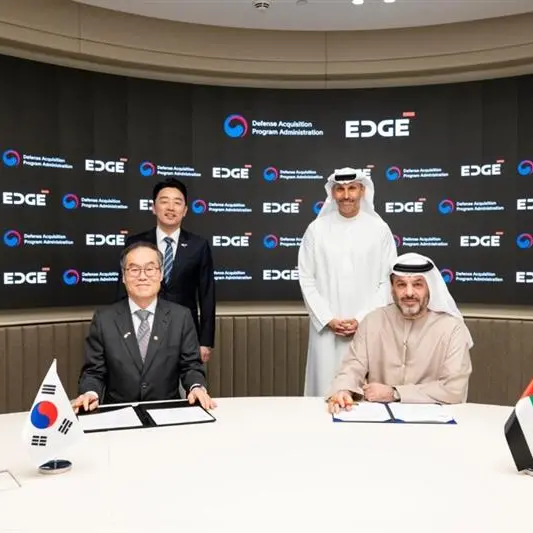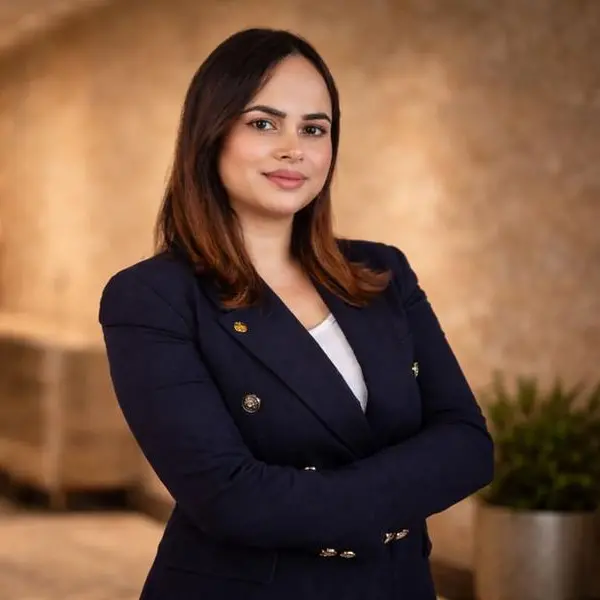The Dubai Land Department (“DLD”) has introduced a standard form tenancy contract for use in relation to all commercial, industrial and residential leases of property located in the Emirate of Dubai (the “Standard Form Lease). As from 1 March 2017, it is now mandatory to use the Standard Form Lease in order to register a lease in the Ejari system. We are aware that, at the moment, this requirement is only in relation to new leases entered into on or following 1 March 2017.
The Standard Form Lease does not apply in relation to long leases (i.e. those over 10 years or more in length) which are registrable separately in the Real Property Register maintained by the DLD.
Why is it being introduced?
The introduction of the Standard Form Lease is to further the DLD’s objectives of creating a transparent and professional real estate industry in Dubai. The Standard Form Lease seeks to further regulate the landlord and tenant relationship and provide safeguards in relation to the respective rights of the parties. This will provide greater certainty, particularly with forms of lease currently used in the market which may not be particularly well drafted or conflict with existing laws. It is hoped that such measures will further enhance investor confidence in the Dubai real estate sector.
What is the form of the Standard Form Lease?
It is a one page document in bilingual (Arabic and English) form. The particulars of the lease need to be filled in relating to such matters as: landlord and tenant names and contact information; details of the location, type and use of the property; the length of term of the lease; the amount of rent payable and the method of payment of the rent. There are eight standard terms and conditions which are summarised below:
An acknowledgment by the tenant that it has inspected the property and that both parties agree upon the condition in which the property is leased as at the commencement of the term;
A covenant by the tenant not to use the property for any purpose other than the permitted use and that any subletting or assignment of the lease by the tenant is in accordance with current laws governing the landlord and tenant relationship in Dubai;
A covenant by the tenant not to make any alterations to the property without the landlord’s written consent;
A covenant by the tenant to be responsible for the payment of all utility charges relating to the property unless otherwise agreed by the parties;
A covenant by the tenant to comply with all regulations and instructions issued relating to the management of the property and use of any building common areas;
Agreement between the parties that all disputes shall be settled by the Rental Disputes Settlement Centre (“RDSC”);
Agreement between the parties that that the lease is governed by Dubai law; and
Agreement between the parties that any additional terms and conditions will not have effect to the extent that they conflict with applicable law.
(the “Standard Terms and Conditions”).
The Standard Form Lease needs to be signed by both landlord and tenant and such signatures witnessed.
What is the effect of this on a landlord’s existing standard form of lease?
Leases of commercial property in particular need to provide for a much larger number of rights and obligations of the parties, and to cater for a wide range of, often complex, commercial arrangements, than those covered by the Standard Terms and Conditions. However, any concern on this point should be allayed by the fact that, in the current form of Standard Form Lease, there is the option for the parties to append additional terms. This is similar to the approach adopted with the standard form of property sale and purchase agreement (Contract F) which was introduced in 2014.
Such additional terms may vary the Standard Terms and Conditions contained in theStandard Form Lease to the extent that such variation is not in conflict with Dubai law. For example, one of the standard terms and conditions states that all disputes must be referred to the RDSC. However, the parties will still be able to vary this provision in the additional terms to expressly state that the matter may be referred to arbitration (as is permitted under Dubai landlord and tenant legislation) subject to ratification and enforcement by the RDSC.
It will also remain the case that any terms of a lease which are not strictly enforceable under Dubai law, and which may well be disregarded by the RDSC, will just be treated as severable from the rest of the contract and will this not have any negative consequences in the interpretation and consideration of the remainder of the lease agreement.
Such additional terms, which may take the form of a separate addendum, will be fully registrable in the Ejari system and may be relied upon before the RDSC if there is a dispute between the parties to the lease.
Significantly, we have also been informed that the form of any such additional terms or addendum will need to be in a bilingual form.
It is anticipated that the Ejari system and processes will gradually move fully online. This may allow landlords to register standard forms of additional terms which it can access, modify and generate online if required for specific leasing transactions. Once this system is fully implemented, it is anticipated that a separate addendum will not be accepted and the only accepted form of lease for registration will be one that is generated through such online system. Such generated form will integrate the Standard Form Lease and any additional terms into one bilingual document to be executed by the parties.
The Standard Form Lease does not, at present, include space for a tenant guarantor’s details to be entered or for any guarantor to sign. Any guarantee arrangements may therefore need to be documented in a separate contract, outside of the Ejari system, moving forward. As an aside, the RDSC’s treatment of a tenant guarantor is largely untested at present.
How can we help?
Landlords will need to modify their existing standard forms of leases to correspond and dovetail with the Standard Form Lease. They will also need to consider drafting a separate guarantee agreement if they sometimes require a tenant’s obligations to be guaranteed by a third party.
Tenants will need to be aware of these changes when negotiating leases to ensure that they are captured in the form of lease they are entering into in order to avoid any potential conflict with the Standard Terms and Conditions.
Landlords who are currently using an English only form of lease will also need to put this into a bilingual format. As the Arabic text will prevail in the event that a dispute under the lease is brought before the RDSC (irrespective of any prevailing language clause favouring the English text), it is essential that such work is carried out by an Arabic speaking lawyer that can accurately translate complex legal and industry specific terminology and concepts.
In addition, if it has been some time since your standard form of lease (whether office, retail, industrial or residential) was drafted, a general review of the form to ensure that it is fully up to date, protective of your position and reflective of the current law and practice in Dubai is recommended.
© Press Release 2017


















